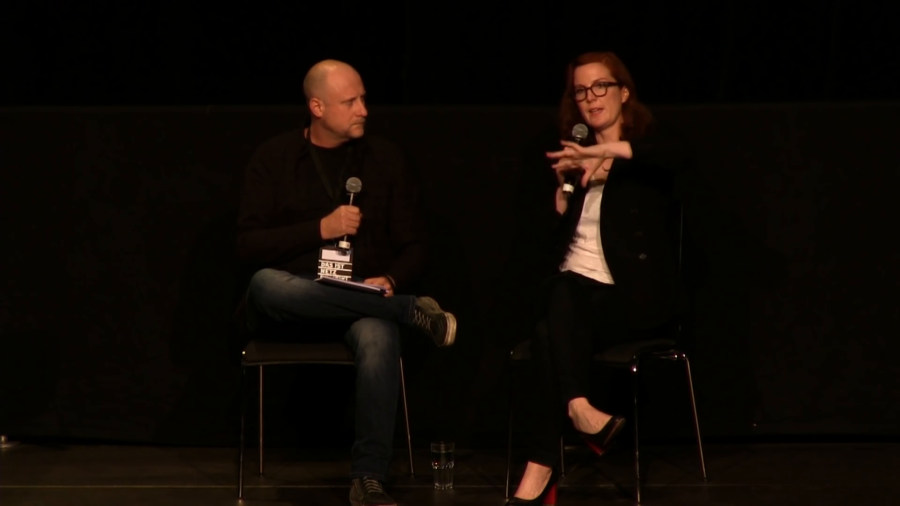The big concerns that I have about artificial intelligence are really not about the Singularity, which frankly computer scientists say is…if it’s possible at all it’s hundreds of years away. I’m actually much more interested in the effects that we are seeing of AI now.
Archive (Page 3 of 6)
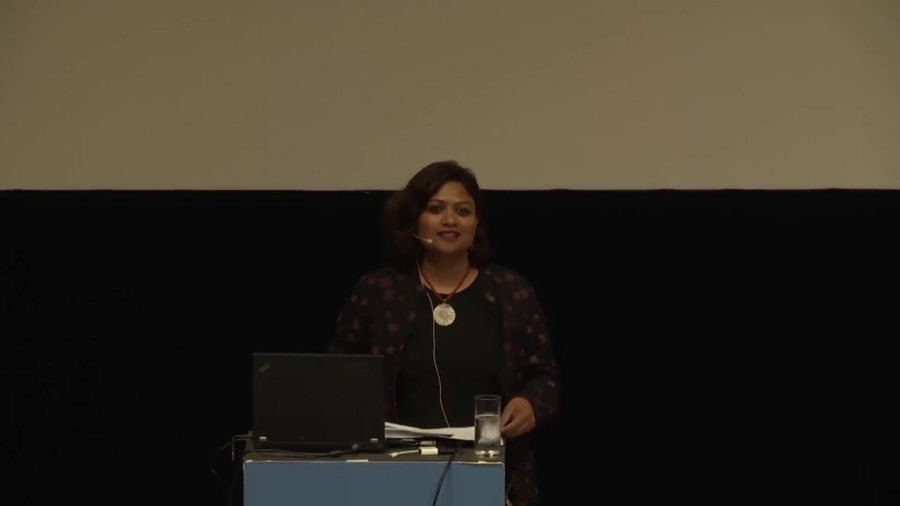
I’m interested in data and discrimination, in the things that have come to make us uniquely who we are, how we look, where we are from, our personal and demographic identities, what languages we speak. These things are effectively incomprehensible to machines. What is generally celebrated as human diversity and experience is transformed by machine reading into something absurd, something that marks us as different.
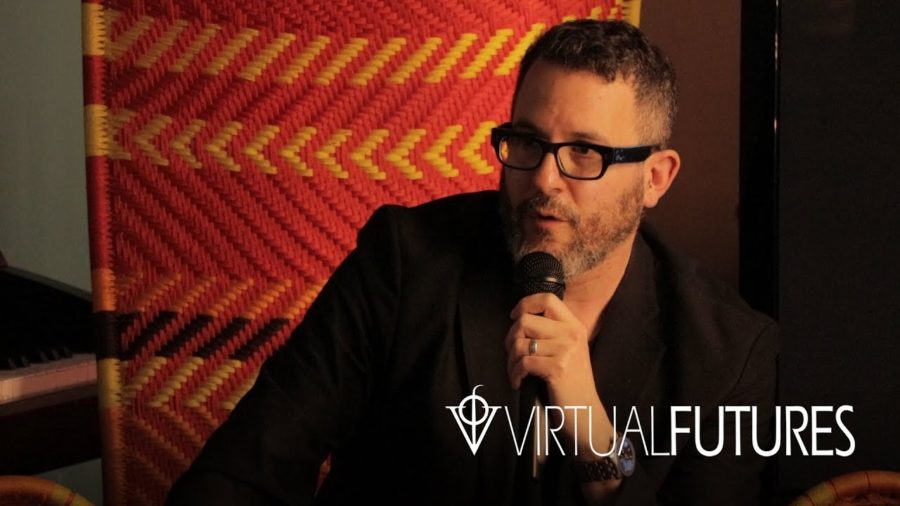
I am profoundly envious of people who get to write about settled domains or sort of settled states of affairs in human events. For me, I was dealing with a set of technologies which are either recently emerged or still in the process of emerging. And so it was a continual Red Queen’s race to keep up with these things as they announce themselves to us and try and wrap my head around them, understand what it was that they were proposing, understand what their effects were when deployed in the world.
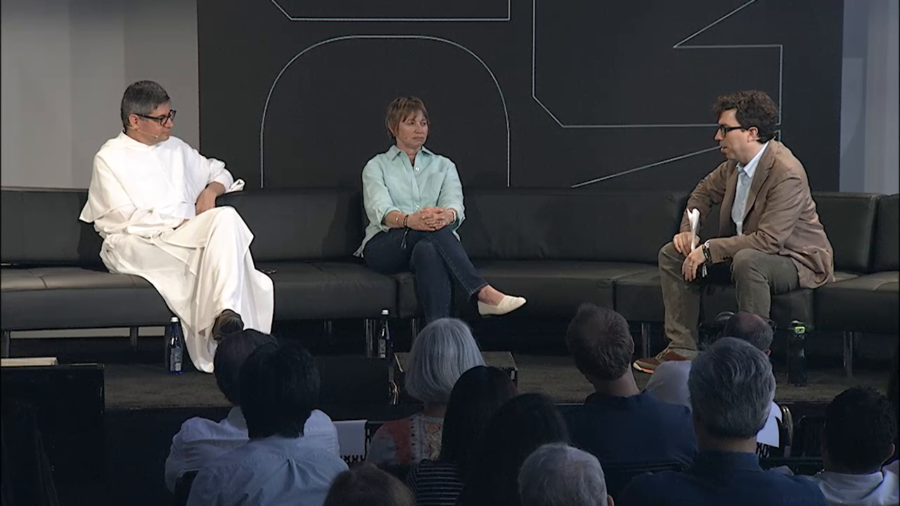
The challenge for the Church and for the theologians was to say okay, perhaps that’s what is written. But for example if you consider that God has delivered the Creation in seven days, knowing that nowadays Amazon can deliver everything on Earth overnight, it means that Jeff Bezos has defeated God? Or does it mean something different? And I think it means probably something different.
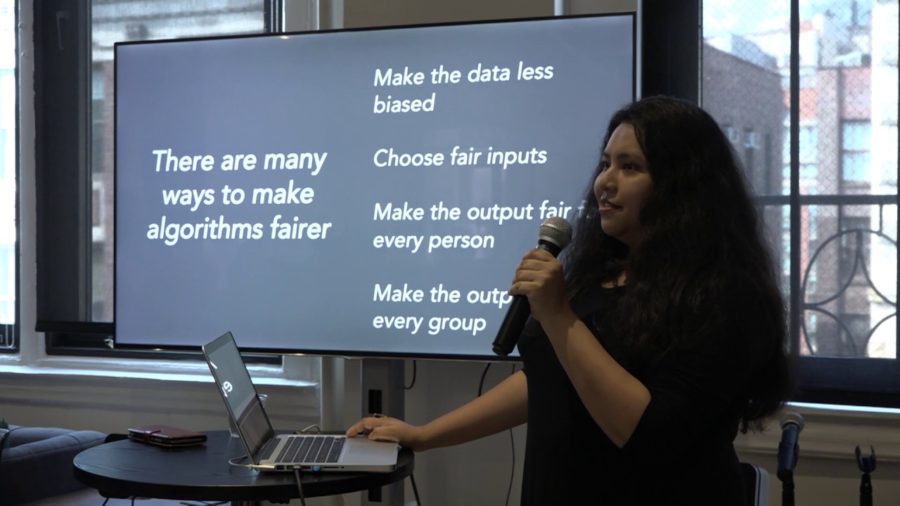
The question is what are we doing in the industry, or what is the machine learning research community doing, to combat instances of algorithmic bias? So I think there is a certain amount of good news, and it’s the good news that I wanted to focus on in my talk today.
For any artists that are working in this field now, if I was good at painting I’d probably be looking at how to find styles that work well with these kind of representations and make them easily automatable or transferable so that if I had fans as an artist they could say, “Hey, I would like to have a picture of my cat painted.”
If you think about it what we’re doing is we’re turning very high-dimensional mathematic representations of a sort of large knowledge space into intellectual property. Which should be the most frightening idea in the world to anyone. This is from most abstract thing you could possibly try and turn into a capitalist object.
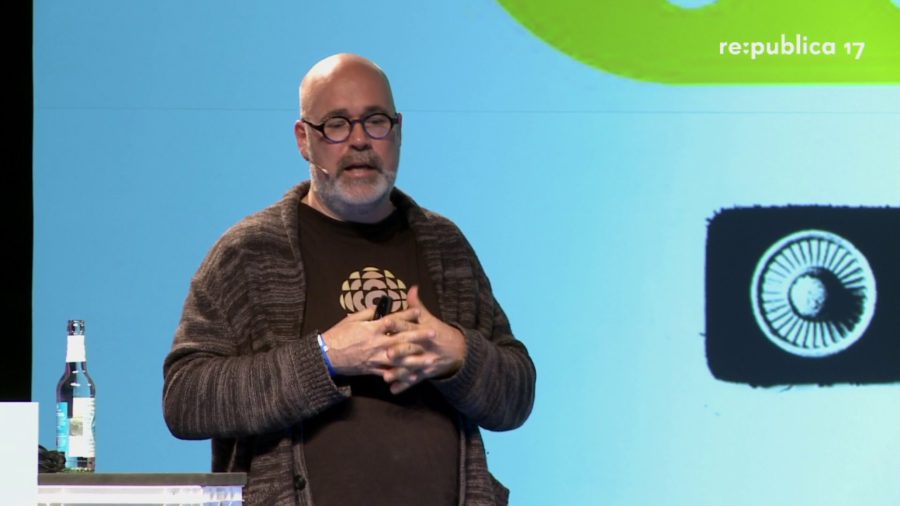
This is a moment to ask as we make the planet digital, as we totally envelop ourselves in the computing environment that we’ve been building for the last hundred years, what kind of digital planet do we want? Because we are at a point where there is no turning back, and getting to ethical decisions, values decisions, decisions about democracy, is not something we have talked about enough nor in a way that has had impact.

